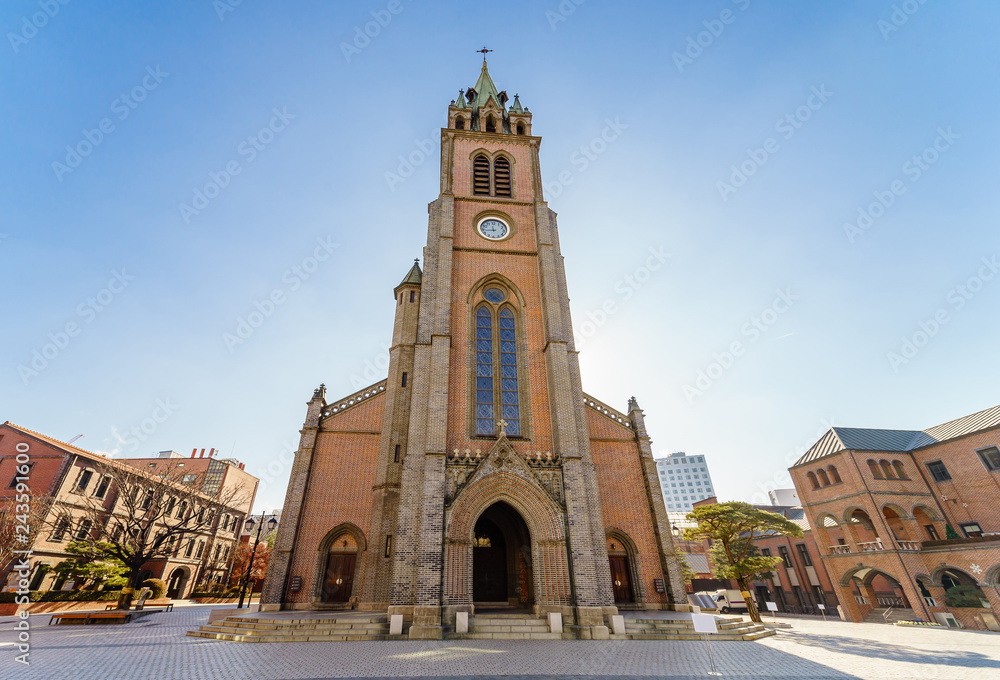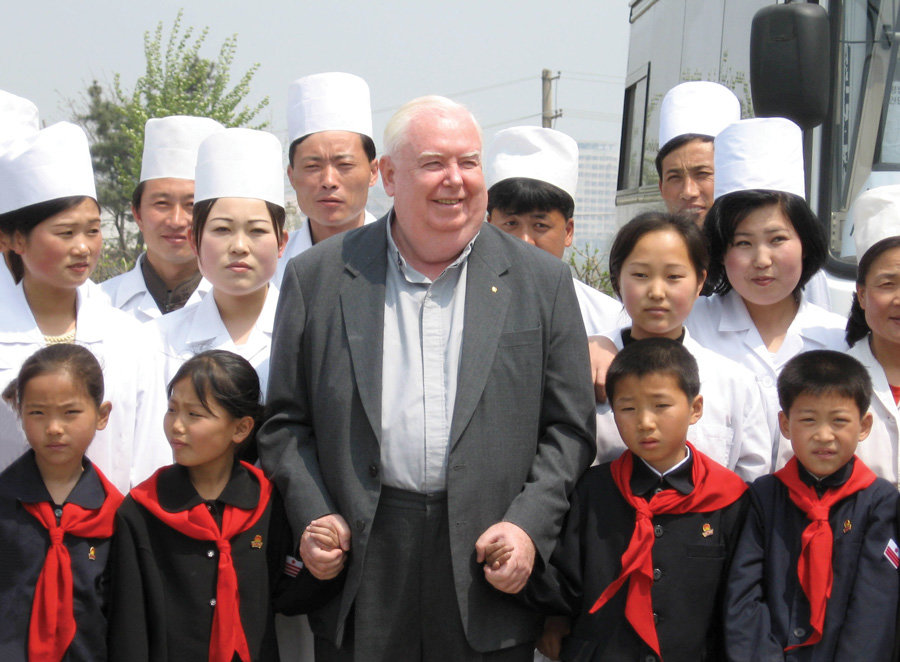In the Eyes of the Believer column of the Catholic Times, a director of a Theological Institute gives us her opinion on concern for the young people of our society.
Not long ago, a woman in her 20s murdered a woman of her age whom she had not even met because she "wanted to kill" was reported shocking many.
Analyzing her psychology it was revealed she was a 'loner' who had been unemployed for 5 years after graduating from high school and was cut off from society to the extent that there was no trace of contact with others on her cell phone. She lived in a state of complete isolation from the world, searched for 'Murder' on the Internet, for crime novels and programs, and finally put her plan into action.
Once a month, the director's reading group meets to read and talk about classical literature and this month's topic book was the Russian novelist Dostoevsky's novel 「Crime and Punishment」. This is a novel about what happens after the main character, a young man who was a student of law, plans to murder an old pawnbroker who he judged to be unjust and wealthy.
While discussing various stories about this novel, which raises moral questions about the main character's motive for the murder and depicts the psychology of anxiety and fear after the crime, one person suddenly said that the main character Raskolnikov looks like the young woman in the above case. Raskolnikov dropped out of school due to his difficult family circumstances and locked himself in a cramped room like a coffin before committing the murder he had envisioned in his head. Just as the story of the main character in the novel, was in a miserable situation, and begins with a murder case, she pondered the fact that the existence of a lonely young woman in a violent way took the life of another who was living in similar circumstances.
A "loner" generally refers to a person who does not engage in outside or social activities and lives in a confined space, such as a house or room, for more than three months. According to the results of a fact-finding survey by the Seoul Metropolitan Government last year, about 130,000 young people in Seoul alone did not come out of their homes and were isolated or secluded.
This is a phenomenon that has appeared in Japan since the 1970s, and these people called 'hikikomori', increased further in the early 1990s as Japan's economic downturn began, and young hikikomori remain isolated even after reaching middle-aged and old age, becoming serious social problem.
The hermit-type loner phenomenon is mainly found in adolescents and young adults who are starting to enter social life, and fear of a highly competitive society and feelings of isolation at school or work are cited as the causes. The number of secluded loners will gradually increase in a competitive society that justifies discrimination in which differences are regarded as wrong rather than diverse, and bullying and isolation are prevalent.
Looking at this serious reality, what can we believers do? Last month, the institute's monthly Zoom seminar dealt with the topic of spirituality in old age, and during the sharing, one participant said that it would be nice if the church could lead the elderly to share their experience, wisdom, time, and money with the young people in need. We shared the idea of setting up a youth apartment in each parish for young single-person households who are experiencing difficulties. It was not a dreamy story, but a proposal by an Anglican priest who was present that day and was preparing to do that very thing.
In this week of contemplation on Corpus Christi and our life with the Eucharist, she proposes that we members of the Church break the bread that we have, and share it with young people who are prone to isolation.






